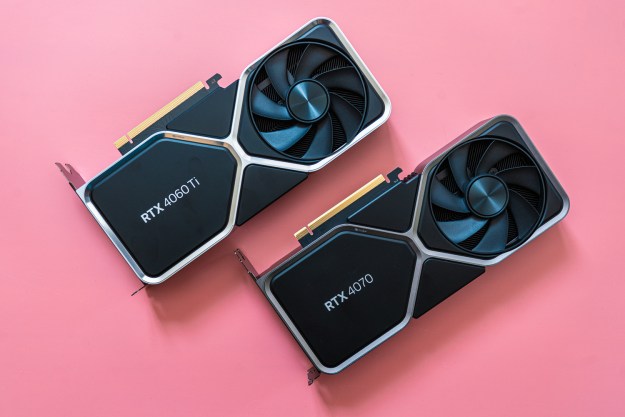FedEx is seeking permission to fit antimissile lasers to some of its cargo planes, apparently to allow it to operate with greater confidence in parts of the world it deems hazardous.
The Federal Aviation Administration (FAA) recently revealed it’s assessing FedEx’s request to equip some of its planes with a missile-defense system that uses infrared lasers to thwart incoming heat-seeking missiles.
“In recent years, in several incidents abroad, civilian aircraft were fired upon by man-portable air defense systems,” the FAA said in a document relating to the matter. “This has led several companies to design and adapt systems like a laser-based missile-defense system for installation on civilian aircraft, to protect those aircraft against heat-seeking missiles. The FedEx missile-defense system directs infrared laser energy toward an incoming missile, in an effort to interrupt the missile’s tracking of the aircraft’s heat.”
While the chances of a FedEx jet experiencing a missile attack is extremely low, it’s worth noting an incident in 2003 when a surface-to-air missile hit the wing of a DHL cargo plane shortly after it took off from Baghdad eight months after the start of the Iraq War. In that case, the crew managed to land the plane safely.
Other far more tragic cases of civilian aircraft suffering direct missile hits include the downing of a Malaysia Airlines plane over Ukraine in 2014 that killed 298 passengers and crew, and more recently the attack on a Ukrainian jet as it flew out of Tehran, Iran, resulting in the loss of 176 lives. Mistaken identity is believed to have been behind both tragedies.
FedEx wants to add the antimissile technology to Airbus A321-200 aircraft that it’s considering incorporating into its current global fleet of 650 planes, though before approving the request the FAA wants to be assured of the system’s safety.
FedEx submitted its request in 2019, but the FAA has only just made it public. The issue will now move to a public comment phase lasting 45 days after which the FAA is expected to publish its decision.
In other aviation news, airline bosses have warned of possible flight chaos if cell phone carriers are allowed to activate their C-Band 5G services close to airports as planned on Wednesday, with fears that 5G interference could affect the ability of aircraft to function safely.
Editors' Recommendations
- This pilotless aircraft will test cargo delivery for FedEx
- FedEx mistakenly rejects shipment of a Huawei phone to the U.S.


